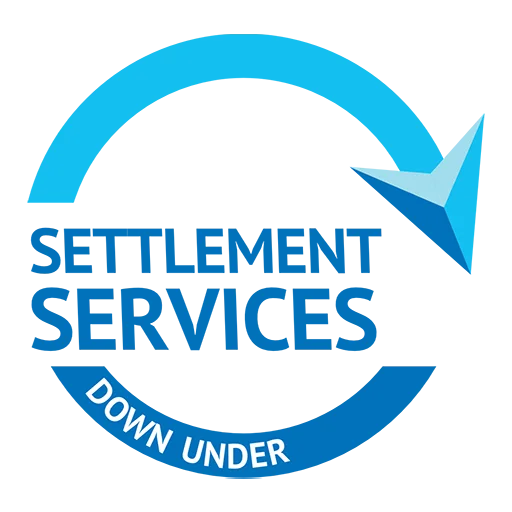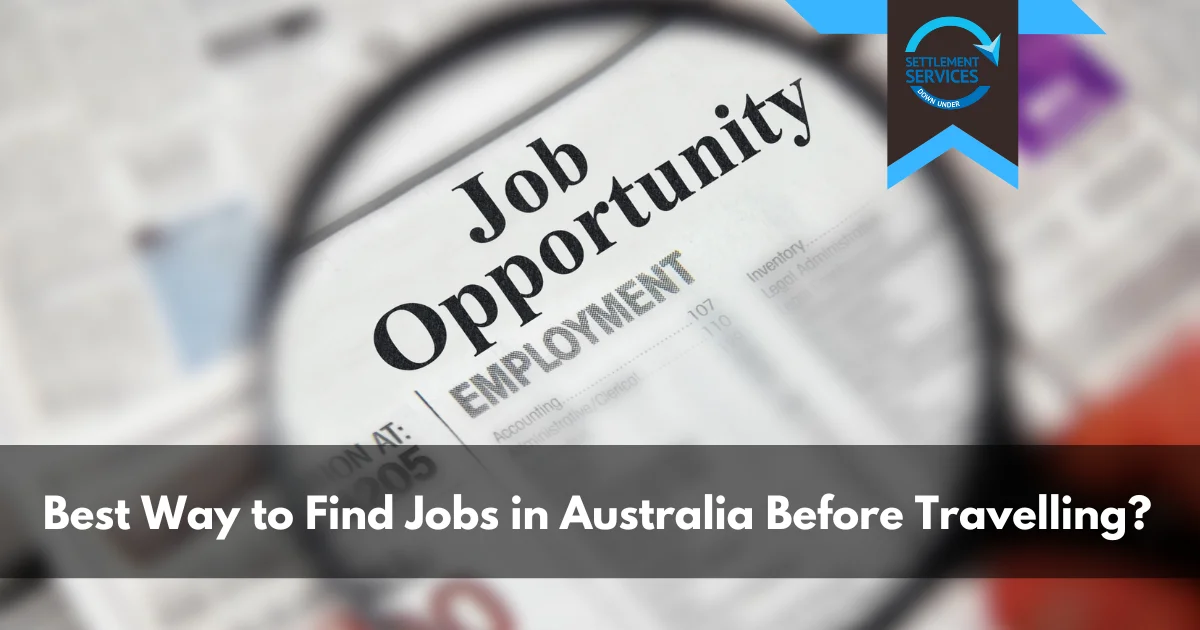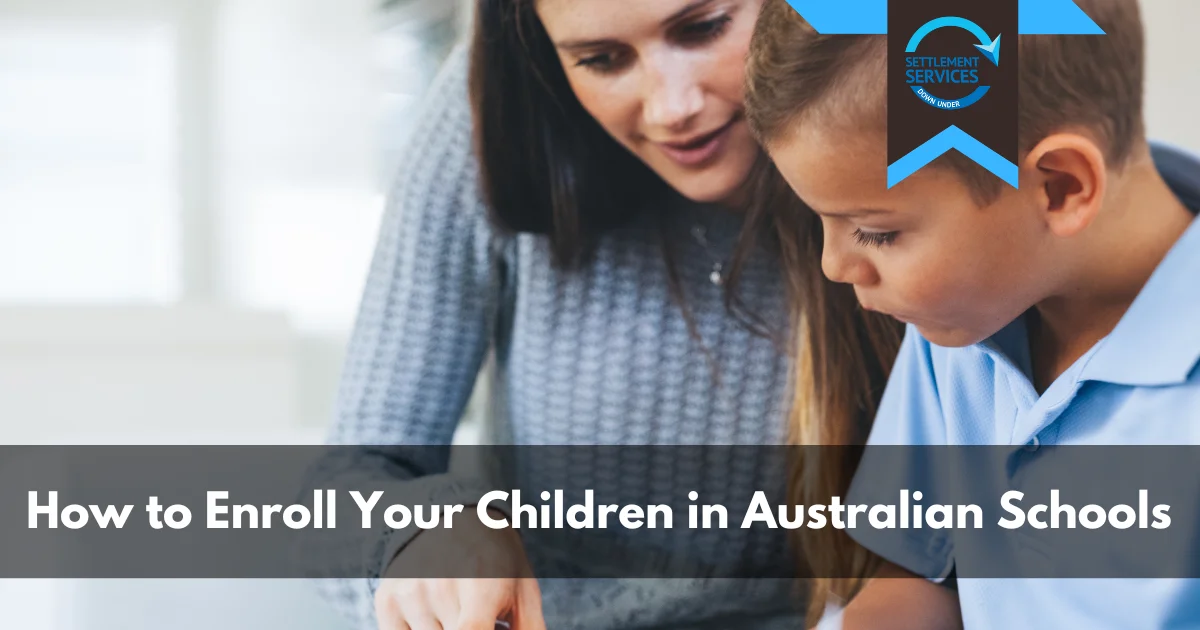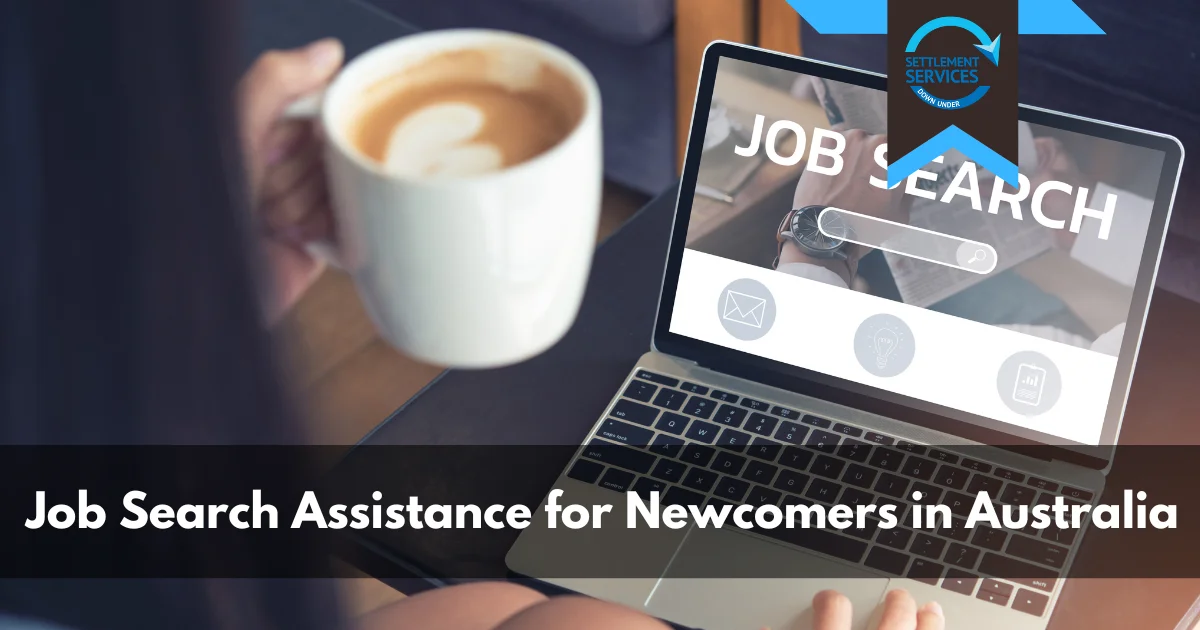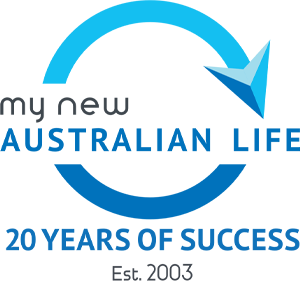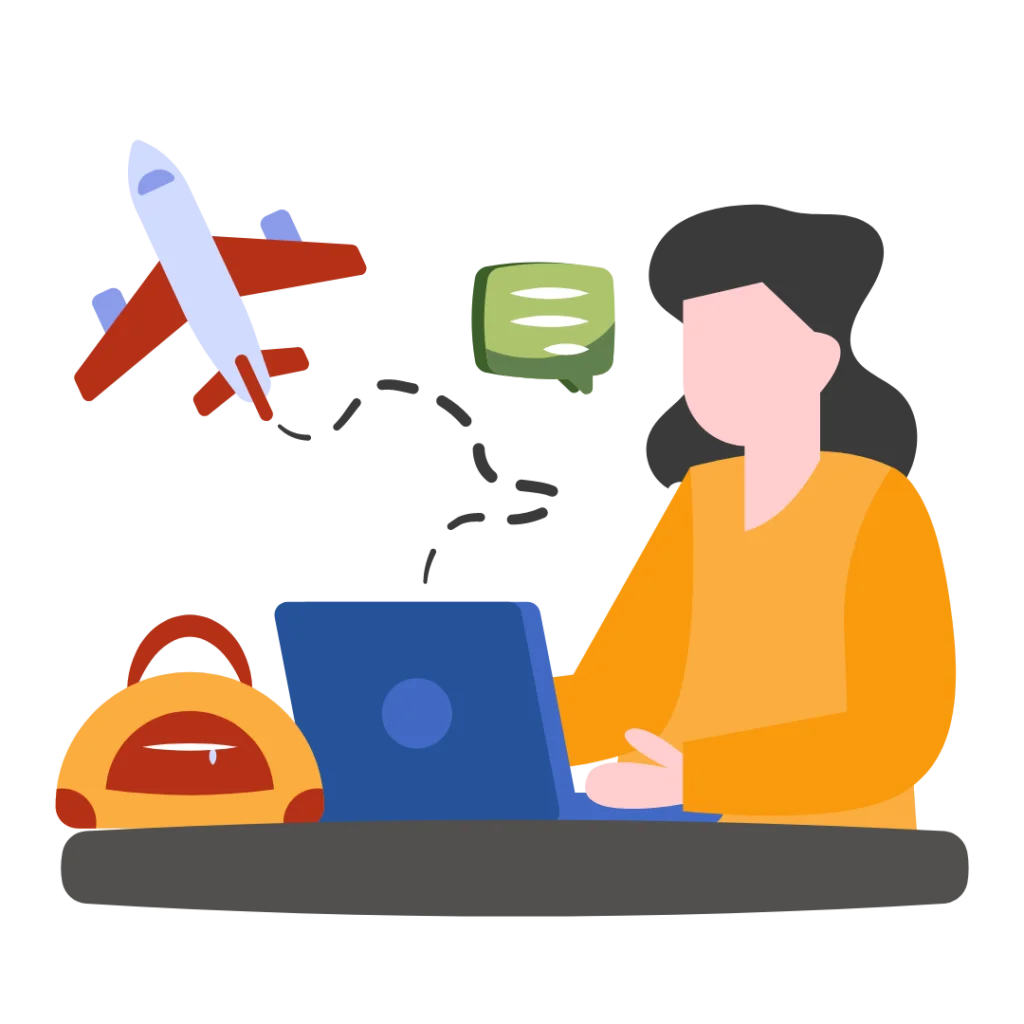Australia is a land of opportunity, attracting thousands of skilled workers, students, and backpackers every year. If you’re planning to move to Australia, securing a job before you travel can make your transition smoother. In this guide, we’ll explore the best ways to find jobs in Australia before you set foot in the country.
Why Look for a Job Before Travelling?
Finding a job before travelling has several advantages. It provides financial security as you start earning immediately upon arrival. Additionally, some employers offer sponsorships, reducing stress and making it easier to plan accommodation and lifestyle.
1. Understand Visa Requirements
Before applying for jobs, ensure you understand the visa options. The most common work visas include the Temporary Skill Shortage (TSS) Visa (482) for skilled workers sponsored by an Australian employer. Other options are the Skilled Independent Visa (189) and the Skilled Nominated Visa (190), both of which offer permanent residency.
| Visa Type | Description | Duration |
|---|---|---|
| Temporary Skill Shortage (TSS) Visa (482) | For skilled workers sponsored by an Australian employer. | Up to 4 years |
| Skilled Independent Visa (189) | For skilled workers without employer sponsorship. | Permanent |
| Skilled Nominated Visa (190) | Requires nomination by an Australian state. | Permanent |
| Working Holiday Visa (417/462) | For young adults who want to work and travel. | Up to 1 year |
For more information, visit the Australian Department of Home Affairs.
2. Research the Australian Job Market
Understanding which industries are in demand will help you target the right opportunities. Some industries consistently seek workers, such as healthcare, information technology, and engineering. Others, like hospitality, tourism, and agriculture, offer seasonal work for travelers.
You can explore the Australian Government Job Outlook for up-to-date information.
3. Optimize Your Resume and Cover Letter
Australian resumes are concise and focus on achievements. Use a clear, professional format, and include a summary of skills at the top. Tailor your resume to each job description and quantify your achievements whenever possible.
Example Resume Structure:
- Contact Information
- Professional Summary
- Skills
- Work Experience
- Education
- References (optional)
People also read: Resume Writing for Skilled Migrants
4. Use Job Portals
Several job portals cater specifically to the Australian job market. Seek is Australia’s largest job site, while Indeed Australia and LinkedIn offer global job boards with Australian sections. Gumtree Jobs and Jobactive are great options for casual, part-time jobs and government listings.
| Job Portal | Description | Link |
| Seek | Australia’s largest job site. | seek.com.au |
| Indeed Australia | Global job board with an Australian section. | au.indeed.com |
| Great for networking and direct applications. | linkedin.com | |
| Gumtree Jobs | Ideal for casual and part-time jobs. | gumtree.com.au |
| Jobactive | Government job portal with various listings. | jobsearch.gov.au |
5. Network with Australian Professionals
Networking can be a game-changer when job hunting in Australia. Start by joining LinkedIn groups related to your industry and attending virtual networking events. Connecting with alumni from your school who work in Australia and engaging with migrant support groups on Facebook and Reddit can also open doors.
People also read: Skilled Occupation List (SOL) in Australia
6. Apply for Jobs Strategically
When applying, customize your resume and cover letter for each job. Highlight your ability to relocate and adapt, while clearly mentioning your visa status. Following up after submitting your application shows initiative and keeps you top of mind with recruiters.
Pro Tip: Set up job alerts on portals like Seek and Indeed to stay updated.
People also read: Working Hours for International Students in Australia 2025
7. Prepare for Interviews
Virtual interviews are common for overseas applicants. Test your tech setup, research the company thoroughly, and practice common Australian interview questions. Be ready to discuss your visa status and relocation plans during the interview.
Common Interview Questions:
- “Why do you want to work in Australia?”
- “How do your skills align with this role?”
- “Tell us about a time you adapted to a new environment.”
8. Consider Recruitment Agencies
Recruitment agencies can help match your skills to Australian employers. Hays Recruitment covers various industries, while Michael Page focuses on professional services. Robert Half is ideal if you’re looking for roles in finance and accounting.
| Recruitment Agency | Industry Focus | Link |
| Hays Recruitment | Various Industries | hays.com.au |
| Michael Page | Professional Services | michaelpage.com.au |
| Robert Half | Finance and Accounting | roberthalf.com.au |
9. Stay Organized
Keep track of job applications, interviews, and follow-ups in a spreadsheet. This helps you stay on top of deadlines and ensures you don’t miss any opportunities. Here’s a simple template you can use to manage your applications:
| Job Title | Company | Date Applied | Interview Date | Status | Notes |
| Marketing Manager | XYZ Corp | 01/10/2024 | 05/10/2024 | Pending | Sent follow-up |
| Software Engineer | ABC Ltd | 03/10/2024 | 07/10/2024 | Interview | Prepare answers |
10. Final Tips Before You Travel
Before travelling, arrange accommodation for your first few weeks and open an Australian bank account (some banks allow pre-arrival setup). You’ll also need to get a Tax File Number (TFN) after arrival to work legally. Finally, familiarize yourself with public transport and healthcare systems.
For detailed settlement support, check out services like Settlement Service Down Under. Finding a job before travelling to Australia requires patience and persistence. However, with the right strategy, you can secure employment and start your new life with confidence. Good luck with your job search and future adventure in Australia!
